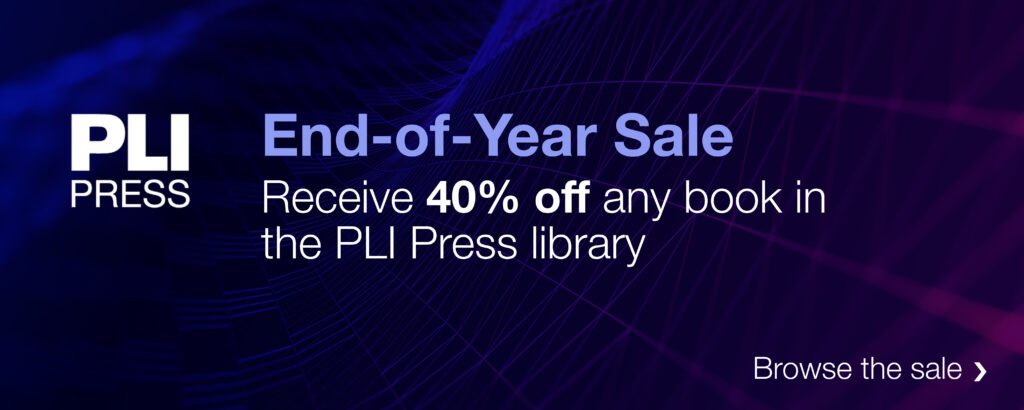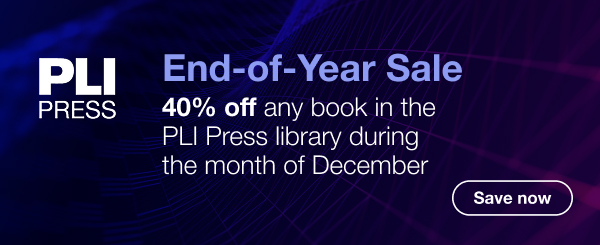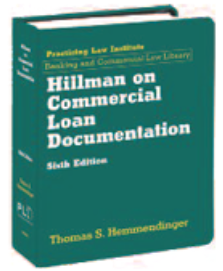Commercial Ground Leases (Fourth Edition) acquaints readers with key concepts, dispute resolution practices, and drafting strategies concerning commercial ground leases. The book features enlightening discussions on base and ground rents, reappraisals, tenant and landlord financing, subletting, exculpatory clauses, mortgage financing, insurance and damage considerations, defaults, redemption, and rights to repurchase, inflation indexing and other important commercial ground lease concepts, along with dozens of practice-ready forms and checklists.
The new release includes the following updates:
- Chapter 3, Base Rent and Other Payments, includes an updated discussion of indexing and step rents.
- Chapter 4, Reappraisal of Ground Rents, highlights a new discussion that traces the history of ground rent resets and provides an annotated form of reappraisal clause involving both use value and highest and best use reappraisal techniques.
- Chapter 8 , Leasehold Financing, includes new lease provisions.
- Appendix A, Ground Lease, includes updated Annual Minimum Rent provision during the Extended Term involves both use value and highest and best use reappraisal techniques.
- Appendix X, Inflation Indexing, is updated with Chart 5, which covers the years 1950 to 2024, a total of seventy-five years.
The Tables of Authorities and Index have also been updated.
Order a print copy today.
PLI PLUS subscribers can access this title through their subscription.







